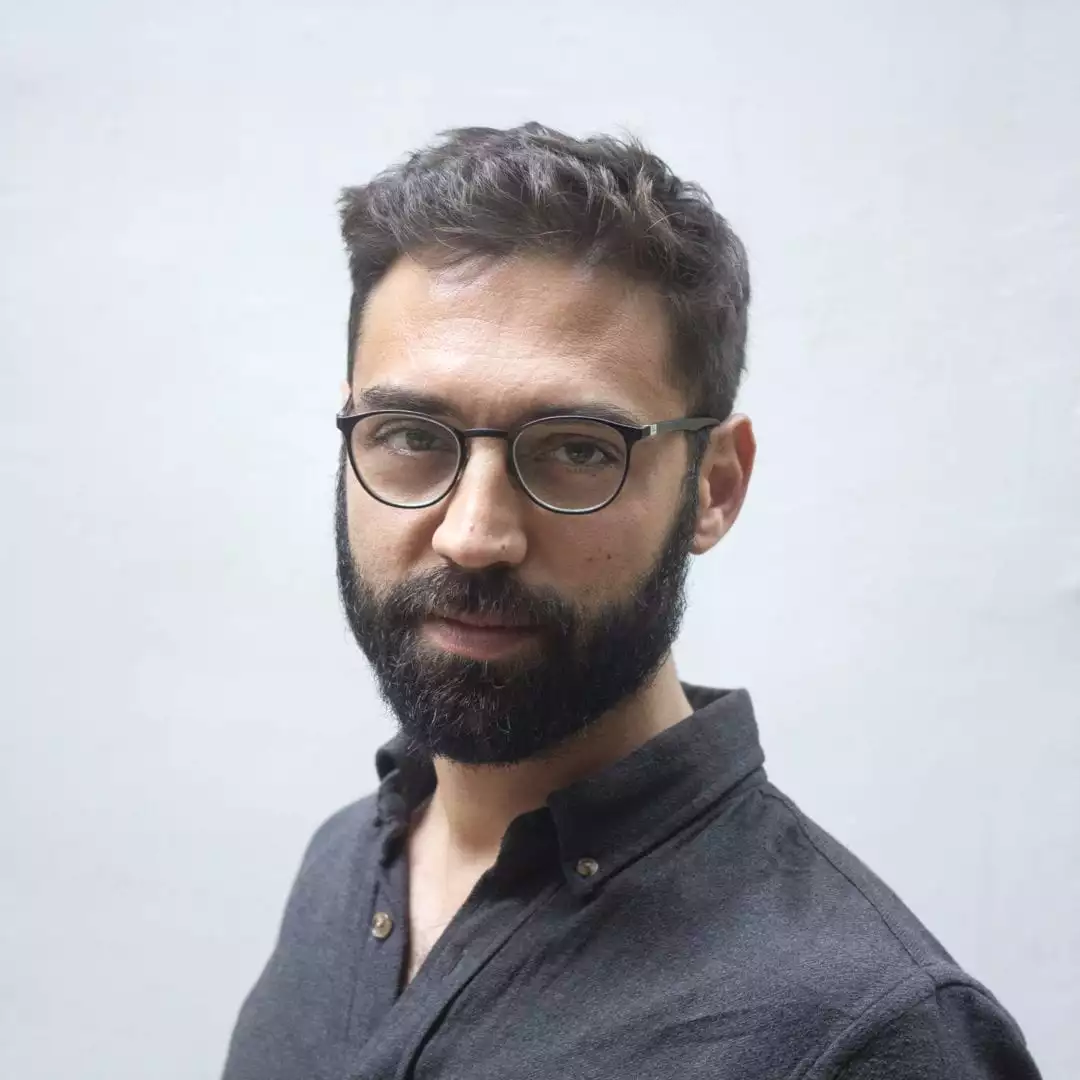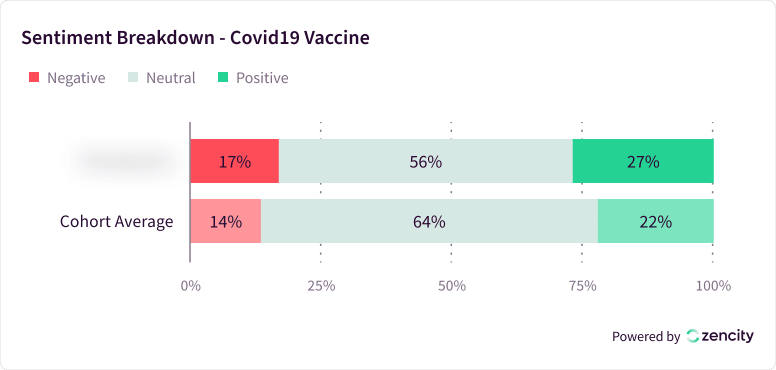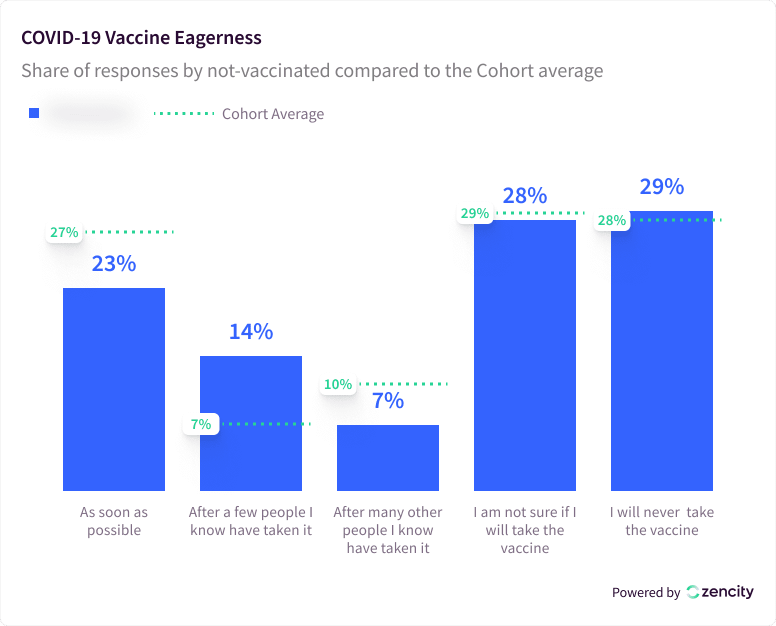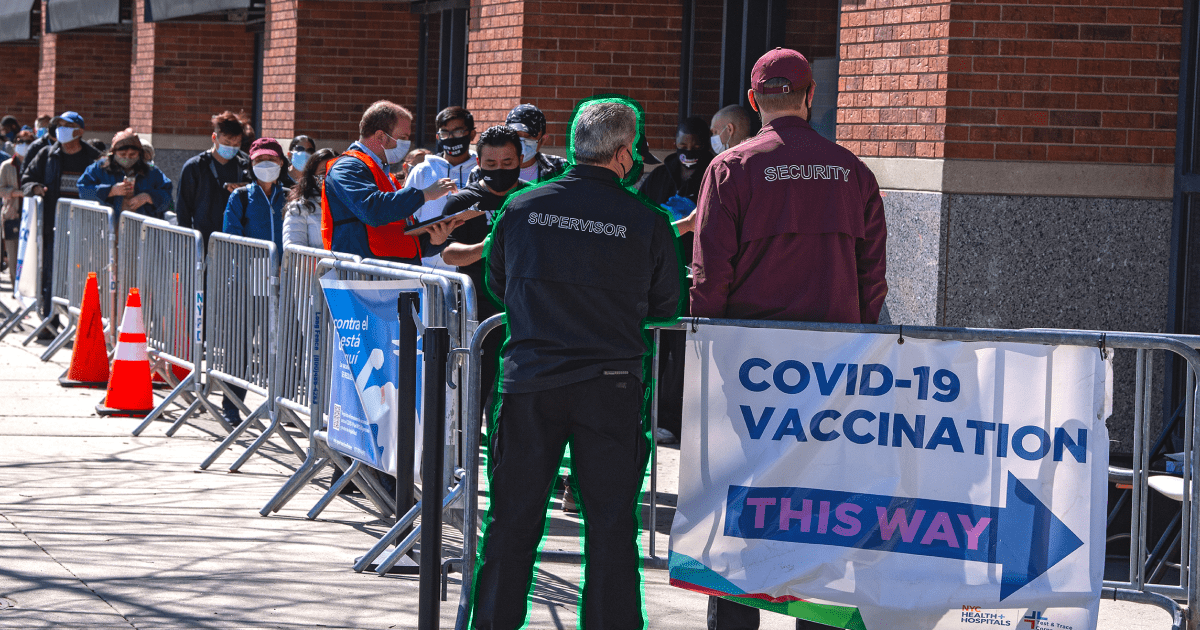Harvard Kennedy School, RWJF and Zencity are Joining Forces to Help 19 Leading US Cities and Counties Get Residents On Board with Vaccinations

Assaf Frances
Director of Marketing and Partnerships
As the US Covid-19 vaccination challenge shifts from scarcity to scaling, understanding what’s keeping some Americans from getting inoculated is proving pivotal for overcoming the pandemic and enabling local government leaders to make more informed and data-based policy decisions.
That’s why Zencity is collaborating with the Harvard Kennedy School‘s Ash Center, with the support of The Robert Wood Johnson Foundation (RWJF) and Bennett Midland, to launch a program across 19 US cities and counties, including Los Angeles, Philadelphia, New Orleans, Newark, Arlington County (VA) and more, to help them understand how their residents feel about Covid-19 vaccines. This first-of-its-kind program leverages Zencity’s cross-channel, broad-reaching capabilities of collecting and analyzing both organic feedback and proactive resident input from representative community surveys.
Our collaboration provides mayors, city and county managers, public health officials, and their teams with tools to understand and minimize resident hesitancy around the vaccine, promote an informed conversation on the topic, and enhance satisfaction with their cities and counties as they roll out the vaccine to their communities.
What local government leaders want to know!
One of the most impactful elements of the program is that for each participating city and county, research will be conducted on the same 6 key metrics:
- Residents’ level of interest in the vaccine
- Resident sentiment and main themes in the organic discourse
- Residents’ intentions about getting the vaccine
- Residents’ experience of getting the vaccine
- Prominent vaccine-related groups in the community
- Role of the City/County in the overall discourse
By evaluating particatiping communities across the same metrics, Zencity will then benchmark the resident feedback so that local government leaders can understand how they measure up compared to others. For example, a city can learn if a higher or lower percentage of its residents intend to get vaccinated compared to residents in other communities, or which figures they trust the most when it comes to information about the vaccine. They can then learn from communities with higher performance and adapt their strategy and communications accordingly.
What kind of community input will the local governments be gathering?
At Zencity, our bread and butter is gathering and analyzing resident feedback – and this means collecting all types of resident feedback – so that you hear from all corners of your community. This new partnership will therefore leverage Zencity’s organic resident discourse analysis – drawing on resident feedback from online channels, local news sources and more – and combine it with analysis of representative surveys from each of the participating communities.
Why is that so valuable you ask? Because local government leaders want to make sure they’re hearing as widely and diversely as possible. This means gathering community input both from residents willing to actively engage with their local leaders by participating in an online survey, but also ensuring input is being gathered from those who would rather voice their opinions online (be it on social media, news media, or other forums) through channels local governments are not necessarily monitoring or analyzing. The combination of both types of feedback is invaluable in “the sum is greater than its parts” kind of way – giving participants a unique insight into resident discourse – both what is emerging organically and their specific positions on specific questions.
What can cities and counties expect to learn from resident engagement and community input in the context of vaccines?
Organic discourse and sentiment analysis can help cities and counties understand their residents’ level of interest in the vaccine (how much are they talking about it and what key themes emerge?), sentiment towards it (is the conversation positive or negative?), what and who is driving the conversation, and more. So, for example, city leaders might learn from the data that their residents show higher interest in the vaccine (relative to the cohort), and that a big part of that discourse is negative. A further breakdown could reveal that this relatively negative interest is mostly driven by local news reports about equity and access to the vaccine distribution – an issue that is driving contentious debate and negative sentiment across the country.

Complimentary to that, a representative sample analysis of survey questions can provide local leaders insight into topics like the leading contributors to vaccine hesitancy: concerns about potential side effects? concerns about the vaccine’s effectiveness? distrust in the healthcare system? misinformation? other factors? On top of that, Zencity’s surveys will help local governments understand how concerns differentiate across different communities – is the Latinx community more hesitant to get vaccinated because of the belief that the risk posed by Covid19 is low? Is the black community’s trust in the healthcare system higher or lower compared to other populations?

The bottom line – this kind of comprehensive resident feedback analysis will give the participating local governments actionable insights into how to get residents on board with vaccinations so we can all move closer to the end of the pandemic.
What’s next and how can you get involved?
All of the collected data was analyzed and summed up into visual reports that were presented to each member of the cohort of local governments, allowing them to use the insights driven by the analyses to inform their decisions moving forward.
Following that, on May 13th, Zencity, the Harvard Kennedy School’s Ash Center, the Robert Wood Johnson Foundation, and Bennett Midland put out a public report and held a virtual event to share key findings, alongside best practices of participating members around vaccine distribution and communications.
Download the full data report, here.
%20copy-1.png?width=544&height=120&name=Logo_black%20(1)%20copy-1.png)



